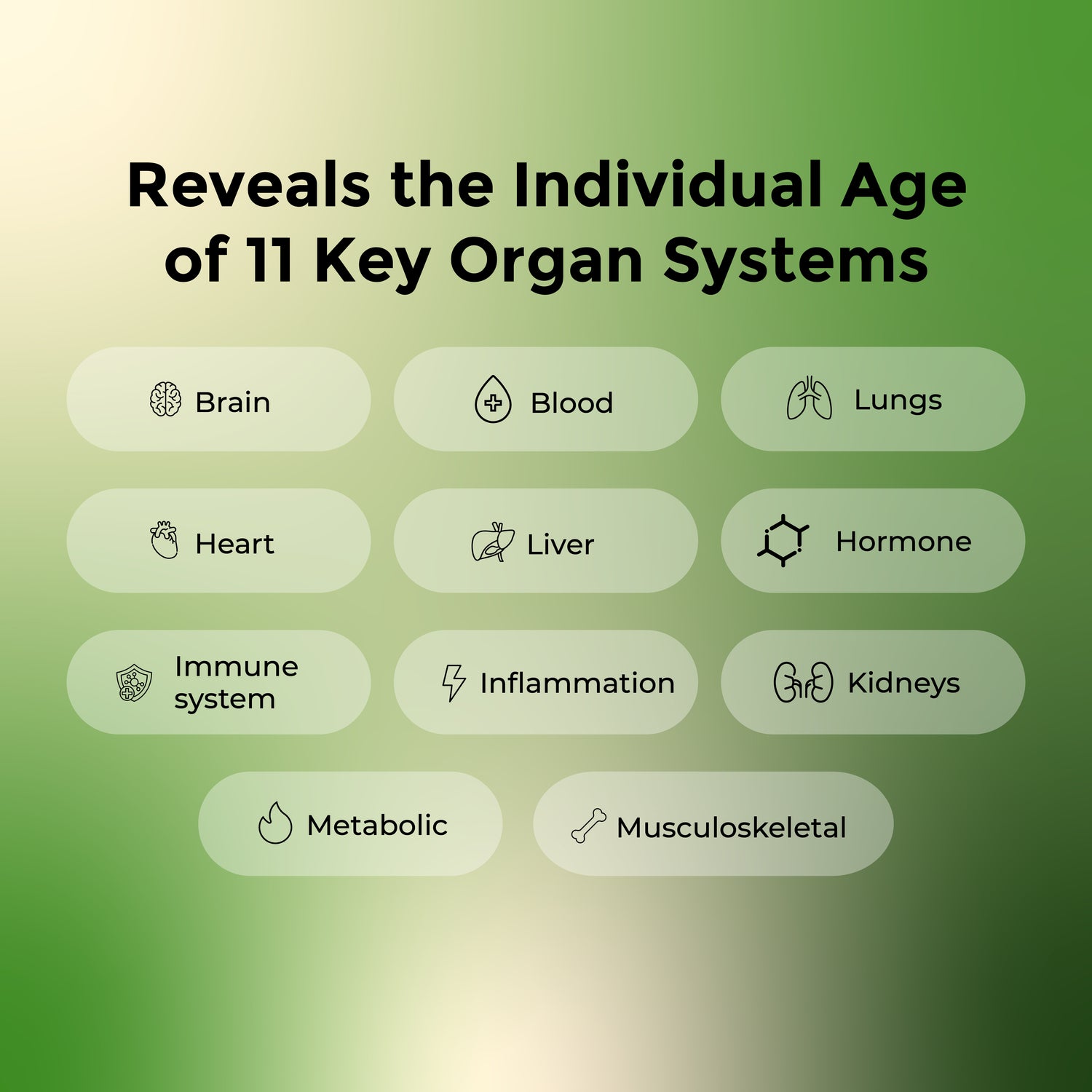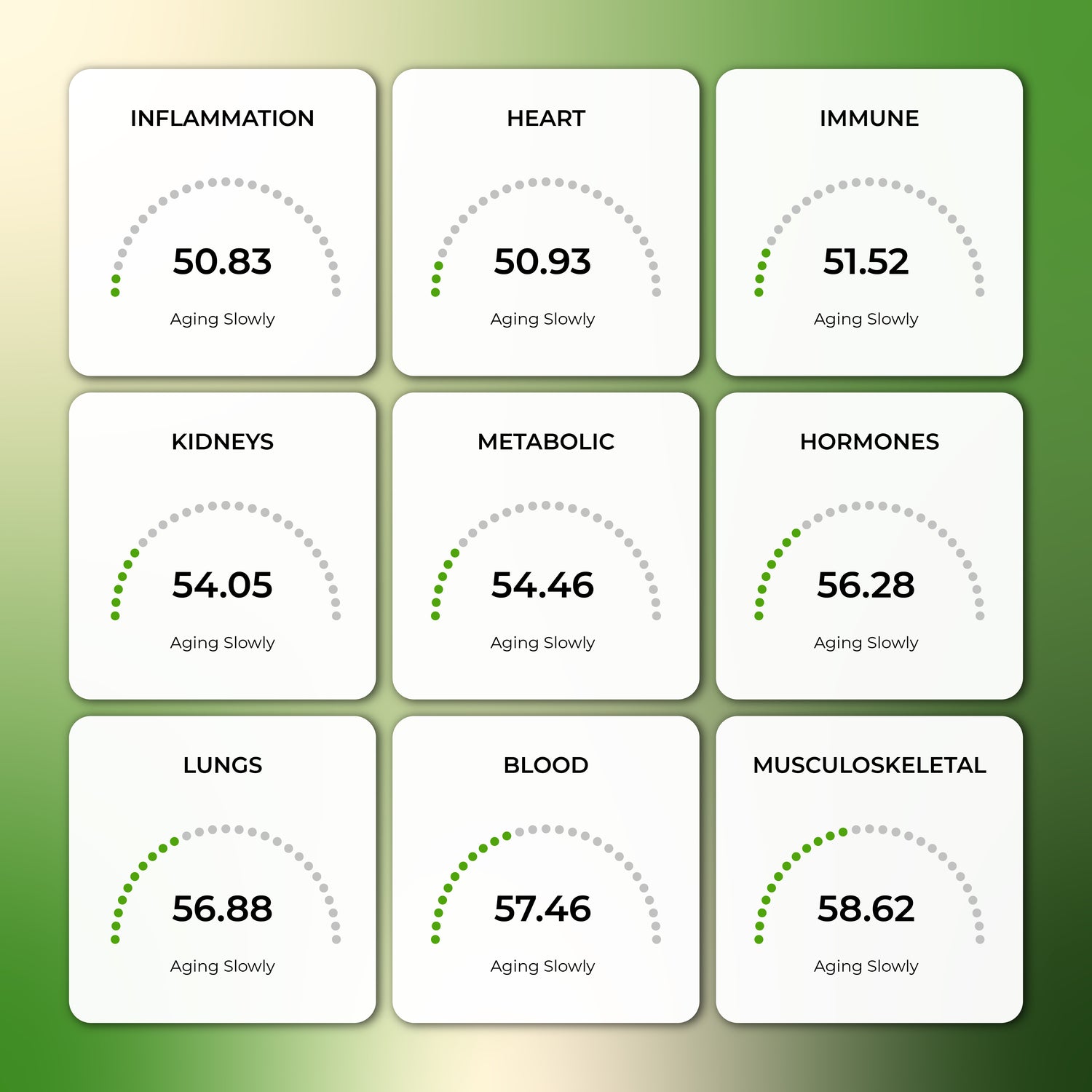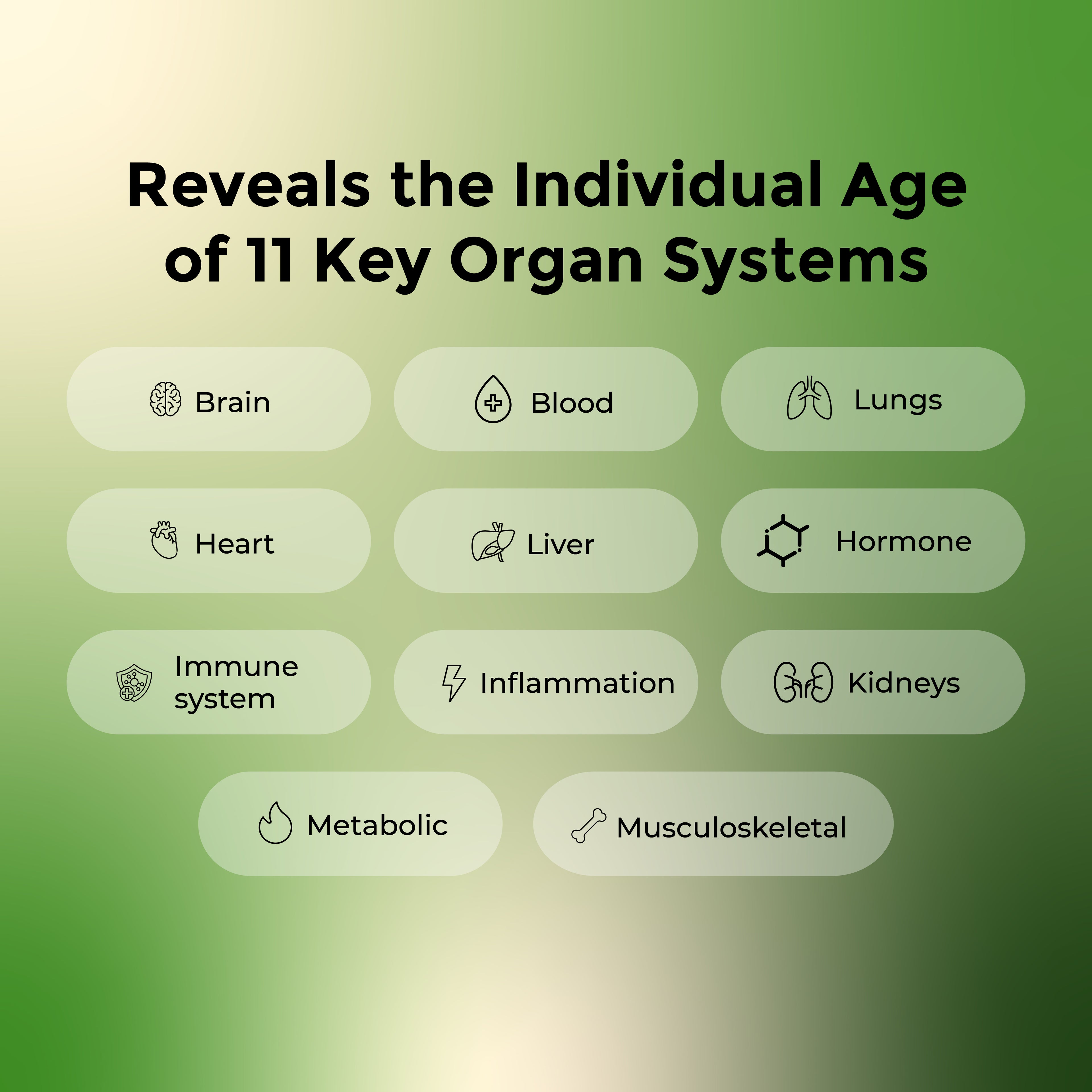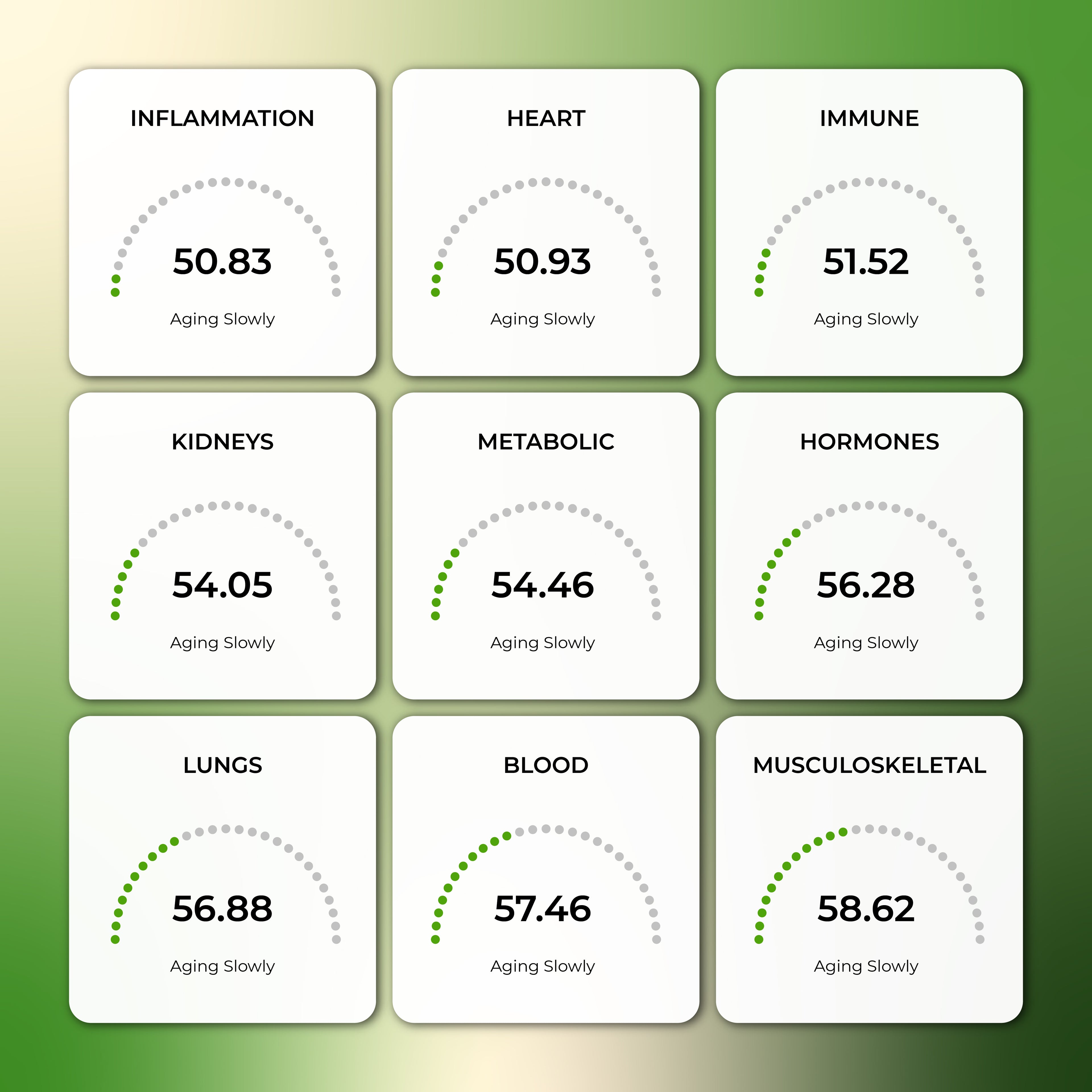Have you ever wondered why some people age gracefully while others develop chronic diseases early? The answer might lie in DNA methylation—a crucial process that influences gene expression. A genetic methylation test can provide insights into your aging process, disease risk, and overall health. This blog will break down what DNA methylation is, how it impacts your body, and why getting an epigenetics test could be a game-changer for your longevity.
What is DNA Methylation?
DNA methylation is a biochemical process where methyl groups (-CH3) attach to DNA molecules, altering gene activity without changing the DNA sequence. This process plays a crucial role in:
-
Regulating gene expression
-
Supporting cell differentiation
-
Controlling inflammation and immunity
-
Influencing aging and disease development
DNA methylation acts like a dimmer switch, turning genes on or off. Too much or too little methylation can contribute to diseases like cancer, cardiovascular disorders, and neurodegenerative conditions.
How a Genetic Methylation Test Works
A genetic methylation test measures methylation patterns at specific genes linked to aging, detox pathways, and disease risk. The process typically includes:
-
Sample Collection – A simple saliva or blood test.
-
Lab Analysis – Scientists analyze methylation markers in your DNA.
-
Personalized Report – You receive insights on how your genes are expressing and how to optimize them for better health.
The Link Between DNA Methylation and Aging
Can DNA Methylation Predict Biological Age?
Yes! A genetic methylation test can estimate your biological age (how old your body is functioning) versus your chronological age (your actual age in years). Studies show that abnormal methylation patterns accelerate aging and increase disease risks.
How to Improve DNA Methylation for Longevity
-
Balanced Diet: Eat folate-rich foods (leafy greens, eggs, nuts) to support healthy methylation.
-
Exercise Regularly: Physical activity influences gene expression positively.
-
Manage Stress: Chronic stress disrupts methylation patterns.
-
Adequate Sleep: Poor sleep affects epigenetic modifications.
-
Limit Toxins: Reduce alcohol, smoking, and processed foods.
Genetic Methylation and Disease Risk
Which Diseases are Linked to DNA Methylation?
-
Cancer – Abnormal methylation can silence tumor-suppressor genes, increasing cancer risk.
-
Cardiovascular Diseases – Poor methylation affects cholesterol metabolism and heart health.
-
Neurodegenerative Disorders – Alzheimer's and Parkinson’s diseases are linked to epigenetic changes.
-
Autoimmune Diseases – Improper methylation may trigger conditions like lupus and rheumatoid arthritis.
-
Diabetes – Methylation impacts insulin resistance and metabolic function.
The Role of Epigenetics in Detoxification
Your detoxification pathways, especially in the liver, depend on methylation. Proper methylation:
-
Helps eliminate toxins effectively.
-
Supports hormone balance.
-
Reduces oxidative stress.
A genetic methylation test can reveal whether your detox genes (like MTHFR, COMT, and GST) are functioning optimally, helping you make necessary lifestyle adjustments.
Who Should Consider a Genetic Methylation Test?
If you experience:
-
Fatigue and brain fog
-
Chronic inflammation or autoimmune conditions
-
A family history of heart disease or cancer
-
Difficulty detoxifying from chemicals or medications
-
Unexplained weight gain or metabolic issues
Then, an epigenetics test might be beneficial for you.
Frequently Asked Questions (FAQs)
1. How is a genetic methylation test different from regular DNA tests?
A traditional DNA test reveals fixed genetic traits, while a methylation test shows how genes are currently functioning and how they may change based on lifestyle choices.
2. Can you improve poor methylation?
Yes! Diet, exercise, supplements (like methylated B vitamins), and stress management can positively influence methylation patterns.
3. Is DNA methylation testing safe?
Absolutely. It’s a non-invasive test using saliva or blood samples, with no side effects.
4. How often should I test my DNA methylation?
Since methylation patterns change over time, testing every 6-12 months is recommended to track improvements and adjust lifestyle choices accordingly.
5. What is the cost of a genetic methylation test?
Prices vary but typically range between 50000 to 70000, depending on the provider and depth of analysis.
Conclusion
A genetic methylation test is a powerful tool to understand how your genes are working and what you can do to optimize your health and longevity. By analyzing DNA methylation, you can detect risks early, improve detox pathways, and make informed lifestyle choices.
Investing in an epigenetics test today could mean a healthier, longer life tomorrow!















